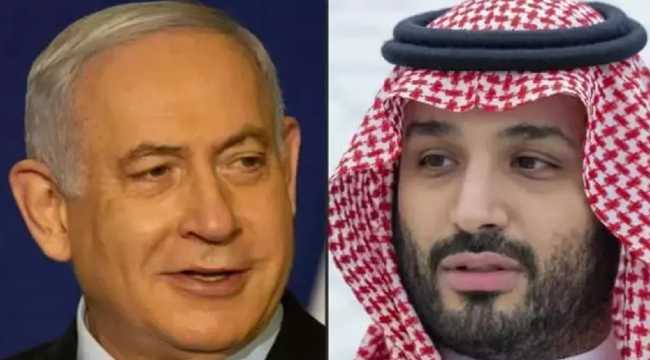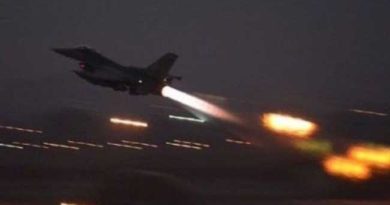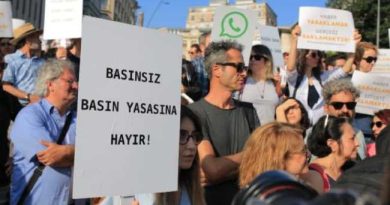Israeli experts express serious concern about a possible civil nuclear program in Saudi Arabia

The potential for normalization between Israel and Saudi Arabia, including the possibility of Saudi Arabia establishing a civil nuclear program with U.S. support, seems to have raised significant concerns among Israeli experts and security officials. While Prime Minister Benjamin Netanyahu’s associates have hinted at acceptance of Saudi Arabia’s conditions, many within Israel’s security and nuclear community are alarmed.
Netanyahu has been advocating for a peace deal with Saudi Arabia, but he has not publicly addressed the issue of enabling Saudi nuclear capabilities. National Security Council Director’s vague response regarding the U.S.-supported Saudi uranium enrichment program raises concerns that Israel’s objections to U.S. efforts on an Iran nuclear agreement may be undermined.
Reports suggest that Netanyahu has pressured Israel’s Atomic Energy Commission and Mossad director to discuss approval of the Saudi nuclear program with their American counterparts. However, a majority of Israeli nuclear experts are against Saudi Arabia pursuing uranium enrichment on its soil due to complex and volatile concerns, including Saudi violations, regime changes, and the risk of military nuclear program development.
There is also concern that uranium enrichment for civil nuclear power reactors could provide knowledge and means for a military nuclear program. This raises questions about the level of risk Israel is willing to accept for diplomatic and political benefits stemming from normalization with Saudi Arabia.
The possibility of a U.S.-sponsored Israeli-Saudi peace deal caused concerns about the potential price Israel might have to pay for normalization. Netanyahu, who would have previously opposed uranium enrichment in Saudi Arabia, now appears to be supporting it in pursuit of normalization.
The visit of Israel’s Tourism Minister to Saudi Arabia, the first public visit by an Israeli government member, is a significant development in this context. Meanwhile, Strategic Affairs Minister of the USA is working to persuade Israeli defense officials to consider a defense pact with the U.S., which could help offset concerns about Saudi Arabia’s nuclear program.
However, it is anticipated that there will be congressional objections in Washington to a nuclear deal with Riyadh, and President Biden may need significant support from Netanyahu to secure approval.
Iran’s President has dismissed the possibility of Saudi-Israeli normalization, citing Israel’s failure to address Palestinian rights. Iran’s reactions to potential Israeli-Saudi normalization could play a crucial role in determining the deal’s feasibility, and Saudi Arabia’s exploration of rapprochement with Iran alongside its closer ties to Israel adds another layer of complexity.
In conclusion, the path towards normalization between Israel and Saudi Arabia is uncertain, with various political and security factors at play, including concerns about Saudi Arabia’s nuclear program and Iran’s stance on the matter.





